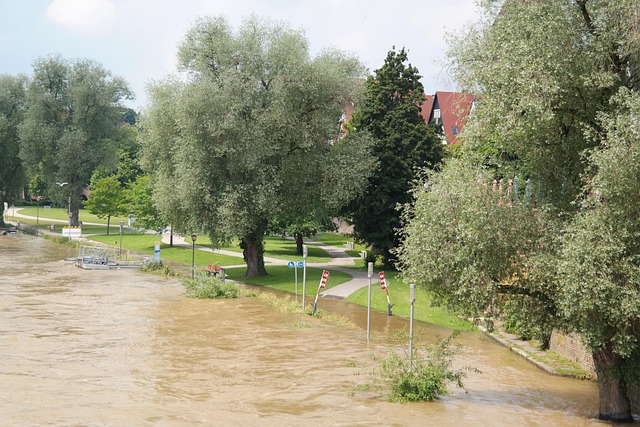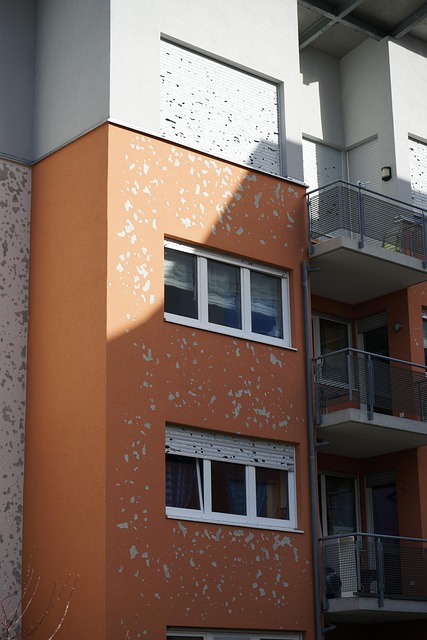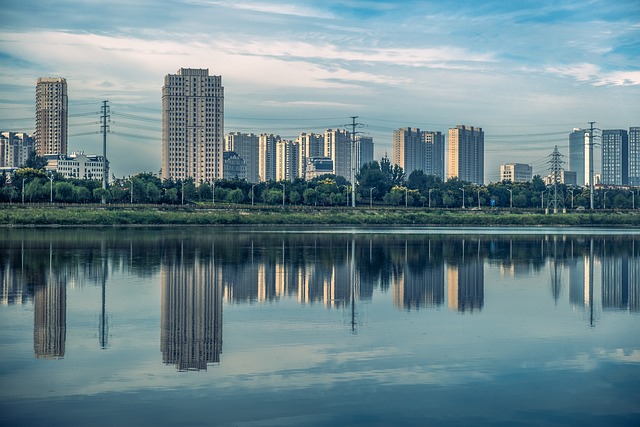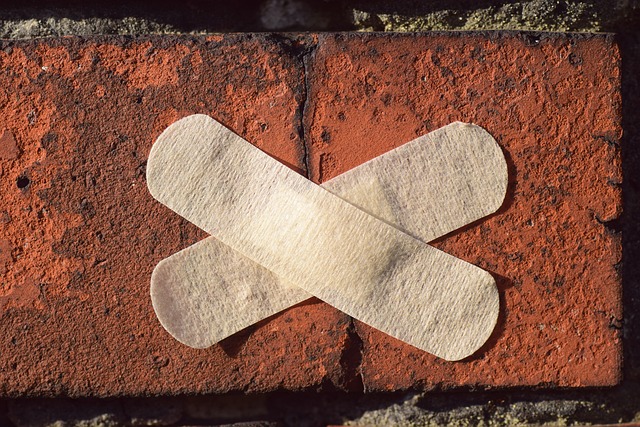Expert Mold Treatment in Tallahassee: Save Time, Money & Restore Your Home Fast
Are you dealing with furniture water damage in Tallahassee, FL, and worried about the potential mold…….
Introduction
Mold is a pervasive issue that affects homes, businesses, and public spaces alike. In Tallahassee, FL, the humid climate creates an ideal environment for mold growth, making effective treatment and prevention critical for maintaining healthy living and working conditions. This article delves into the multifaceted world of mold treatment in Tallahassee, exploring its significance, challenges, and future prospects. Readers will gain a comprehensive understanding of the intricacies involved in managing mold effectively within this unique Florida locale.
Understanding Mold Treatment in Tallahassee FL
Mold treatment in Tallahassee, FL, involves various strategies aimed at identifying, remediating, and preventing mold growth. It encompasses understanding the types of mold common to the region, the health risks associated with mold exposure, and the best practices for mold removal and prevention. The core components of mold treatment include a thorough inspection, identification of the mold species, containment of the affected area, removal or remediation of the mold, and measures to prevent future growth. This process is guided by professional standards set by organizations like the Institute of Inspection, Cleaning and Restoration Certification (IICRC) and the Environmental Protection Agency (EPA).
Global Impact and Trends
The impact of mold treatment extends beyond Tallahassee’s borders. As climate change leads to more humid conditions globally, mold-related issues are becoming more prevalent worldwide. The industry has seen a rise in the development of sustainable and eco-friendly treatments, with trends leaning towards biodegradable products and integrated pest management (IPM) practices. Regions with similar climates to Tallahassee are particularly affected and are adapting their mold treatment strategies accordingly.
Economic Considerations
The economic implications of mold treatment are significant. In Tallahassee, the real estate market often requires that properties be free of mold before sale or rental. This necessitates investment in mold inspection and remediation services, contributing to the local economy. On a broader scale, the growth of the mold treatment industry reflects the demand for healthy living environments, which is a priority for consumers and businesses alike. The economic health of this sector is closely tied to construction activity, property maintenance practices, and advancements in mold-resistant building materials.
Technological Advancements
Recent technological advancements have significantly improved the effectiveness of mold treatment. Innovations such as advanced moisture sensors, high-efficiency particulate air (HEPA) filtration systems, and non-toxic biocides are revolutionizing the way mold is detected and treated. The use of infrared cameras and digital imaging has enhanced the ability to identify mold growth at its earliest stages. Future potential includes the development of smart technologies that can predict and prevent mold outbreaks before they occur.
Policy and Regulation
Mold treatment in Tallahassee is governed by a combination of federal, state, and local regulations. The EPA sets guidelines for mold remediation, while the Occupational Safety and Health Administration (OSHA) dictates workplace exposure limits. Florida-specific regulations, such as those enforced by the Florida Department of Environmental Protection (FDEP), provide further guidance on mold management. These policies ensure that mold treatment is performed safely and effectively, with a focus on protecting public health.
Challenges and Criticisms
One of the primary challenges in mold treatment is ensuring that all affected areas are properly identified and treated without causing further damage to property or harm to occupants. Another challenge is maintaining compliance with the ever-evolving regulatory landscape. Criticisms often arise from misinformation about mold risks and ineffective treatments, leading to a lack of trust in the industry. Solutions to these challenges include increased training for professionals, public education campaigns, and continuous research into effective and safe treatment methods.
Case Studies
Several case studies illustrate successful applications of mold treatment in Tallahassee. One such case involved a historic home that experienced significant mold growth after a leak. The treatment process combined traditional remediation techniques with innovative technologies, resulting in the preservation of the home and the health of its occupants. Another case study details the comprehensive approach taken by a local business to prevent mold in their facilities, including regular maintenance and employee training, which has become a model for others in the industry.
Future Prospects
The future of mold treatment in Tallahassee is promising, with potential growth areas that include advancements in detection technology, the development of more effective and eco-friendly treatments, and increased public and private investment in prevention and remediation efforts. Emerging trends suggest a move towards integrated health and safety strategies that consider both indoor air quality and structural integrity. Strategic considerations for the future involve addressing climate change’s role in mold proliferation and ensuring that all residents have access to affordable, high-quality mold treatment services.
Conclusion
Mold treatment in Tallahassee, FL, is a critical issue that affects public health, property values, and economic stability. This article has explored the multifaceted approach required to manage mold effectively, from understanding its biology to implementing advanced treatment technologies. The future of mold treatment in Tallahassee is bright, with ongoing advancements and regulatory improvements that promise to enhance the quality of life for residents and visitors alike.
FAQs
What are the common types of mold found in Tallahassee, FL?
The most common types of mold found in Tallahassee include Aspergillus, Penicillium, and Stachybotrys chartarum (also known as black mold).
How does humidity affect mold growth?
High humidity levels create an environment where mold can thrive. Mold spores need moisture to grow and reproduce, so controlling humidity is key to preventing mold issues.
What are the health risks associated with mold exposure?
Exposure to mold can cause allergic reactions in sensitive individuals, as well as respiratory problems and, in some cases, more severe health issues.
Are there any eco-friendly mold treatment options?
Yes, there are eco-friendly options such as the use of natural biocides, improved ventilation, and mold-resistant building materials that do not harm the environment or occupants.
What should I do if I suspect mold in my home or business?
If you suspect mold growth, it is crucial to contact a professional mold remediation company. They will conduct an inspection, determine the extent of the problem, and implement appropriate treatment strategies.

Are you dealing with furniture water damage in Tallahassee, FL, and worried about the potential mold…….

Are you a Tallahassee homeowner concerned about water damage and mold growth? Don’t let hidden moist…….

Are you a Tallahassee homeowner facing furniture water damage? Don’t let mold take over! Our expert…….

Are you concerned about mold taking over your Tallahassee home? Don’t panic! Our top-rated water mit…….

Are you facing a flooded carpet conundrum in Tallahassee, FL? Don’t let mold take over your home! Ou…….

Save with Top-Rated Mold Treatment in Tallahassee FLFree Estimate: Best Water Damage Repair Services…….

Are you concerned about the health risks of mold in your Tallahassee home? Struggling with costly an…….

Are you tired of dealing with leaky ceilings and the looming threat of mold growth? Stop worrying an…….

Are you concerned about the invisible threat of mold in your Tallahassee home? Don’t let mold damage…….